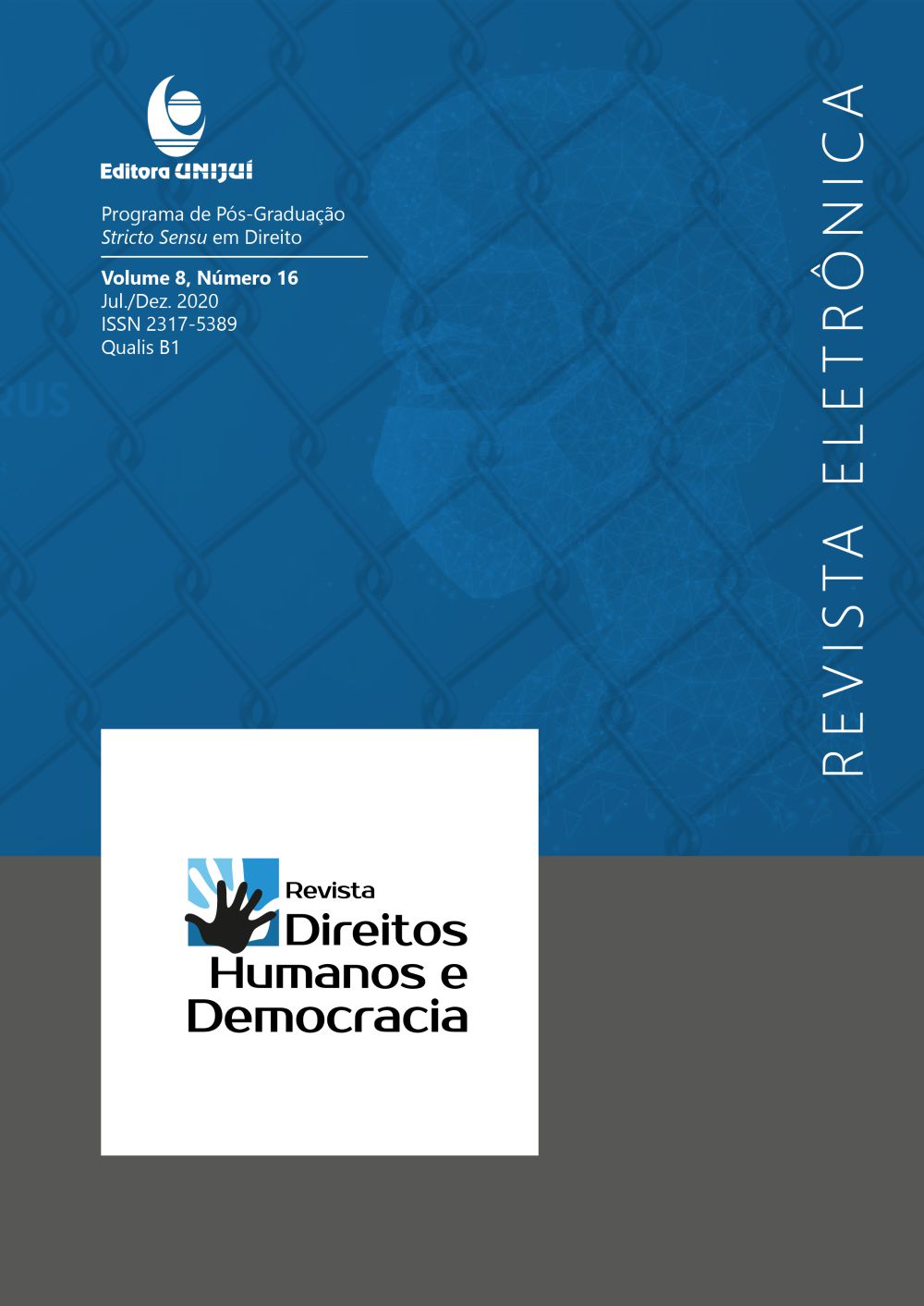DIREITOS HUMANOS LGBTIs E SISTEMA DE JUSTIÇA: STANDARDS DE PROTEÇÃO E ATUAÇÃO DO PODER JUDICIÁRIO E DO MINISTÉRIO PÚBLICO
DOI:
https://doi.org/10.21527/2317-5389.2020.16.138-151Keywords:
LGBTI rights, Legal systems, Non-Discrimination, Human RightsAbstract
The article addresses the justice system and the protection of LGBTI human rights, arguing that this is a task of the justice system institutional duties, and highlighting the beneficial effect of fulfilling such task. Taken into account the legal framework and academic knowledge, it has two parts. In the first part, it deals with the human rights standards of the universal system and the inter-American system on LGBTI rights. In the second part, it considers the legal and institutional consequences of these standards for national legal systems, as well as the salutary impact on democratic legitimacy and to the improvement of work of the organs and actors of the justice system. It concludes that the democratic legitimacy of a legal system, as well as the quality of a justice system, can be measured according to the degree of knowledge and commitment that its institutions and members have regarding the universal human rights of discriminated individuals and groups.
Downloads
Published
How to Cite
Issue
Section
License
By publishing in the Revista Direitos Humanos e Democracia, authors agree to the following terms:
Articles are licensed under the Creative Commons Atribuição 4.0 Internacional (CC BY 4.0), which allows:
Share — copy and redistribute the material in any medium or format;
Adapt — remix, transform, and build upon the material for any purpose, including commercial use.
These permissions are irrevocable, provided the following terms are respected:
Attribution — authors must be properly credited, with a link to the license and indication of any modifications made;
No additional restrictions — no legal or technological measures may be applied that restrict the use permitted by the license.
Notices:
The license does not apply to elements in the public domain or covered by legal exceptions.
The license does not grant all rights required for specific uses (e.g., image rights, privacy, or moral rights).
The journal is not responsible for opinions expressed in the articles, which remain the sole responsibility of the authors. The Editor, with the support of the Editorial Committee, reserves the right to suggest or request modifications when necessary.
Only original scientific articles presenting research results of interest, not previously published or simultaneously submitted to another journal with the same purpose, will be accepted.
References to trademarks or specific products are intended solely for identification purposes and do not imply any promotional endorsement by the authors or the journal.
License Agreement: Authors retain copyright over their articles and grant the Revista Direitos Humanos e Democracia the right of first publication.













